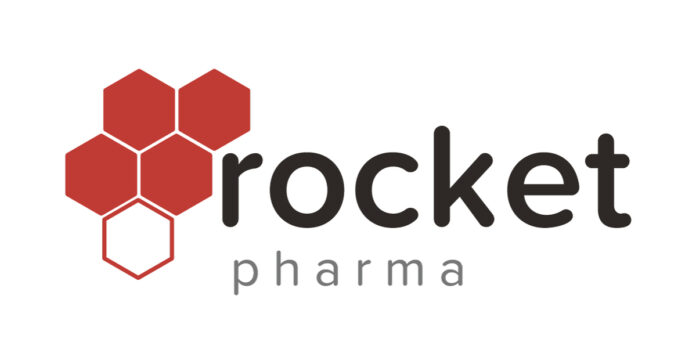CRANBURY, N.J.– Rocket Pharmaceuticals, Inc. (NASDAQ: RCKT), a clinical-stage company advancing an integrated and sustainable pipeline of genetic therapies for rare childhood disorders, today announces positive clinical updates from its ongoing Phase 2 registrational trials for Fanconi Anemia (FA) and Leukocyte Adhesion Deficiency-I (LAD-I) and its ongoing Phase 1 trial for Pyruvate Kinase Deficiency (PKD) at the 63rd American Society of Hematology (ASH) Annual Meeting.
“The positive updates presented across our Fanconi Anemia, LAD-I and PKD programs highlight the continued progress and importance of our lentiviral platform in providing potentially curative therapies for rare and devastating bone marrow-derived diseases,” said Gaurav Shah, M.D., Chief Executive Officer of Rocket Pharma. “We have now dosed 11 Fanconi Anemia patients and have at least 12-months of follow-up on eight of these patients in our clinical trial of RP-L102. In six of these eight patients, we see evidence of engraftment and bone marrow mitomycin-C, or MMC, resistance ranging from 16% to 63% measured at least at one timepoint. MMC resistance is a key indicator of the ability of bone marrow stem cells to resist DNA damage, a process that is impaired in Fanconi Anemia. As a reminder, a minimum of five patients with increased MMC resistance greater than or equal to 10% above baseline at two or more timepoints and evidence of clinical stabilization will be required for statistical significance. The increasing MMC resistance in these six patients is encouraging as we move closer toward potential topline readout.”
Dr. Shah continued, “We are equally pleased to have completed enrollment of all nine patients in the Phase 1/2 trial of RP-L201 for LAD-I and that evidence of meaningful clinical activity has been observed in the first eight patients for whom there is at least three months of follow-up. Notably, four patients have follow-up of at least 12-months, and none of these patients have had serious infections or required hospitalization following treatment with RP-L201. Finally, the updated data from our global Phase 1 PKD study showed doubling of baseline hemoglobin to normal-range levels, improved hemolysis parameters and red blood cell transfusion independence following engraftment in the two adult patients with severe PKD who were treated with RP-L301. Taken together, I am very pleased about the strong progress of our LVV programs and our team’s focus on consistent and reliable execution.”



